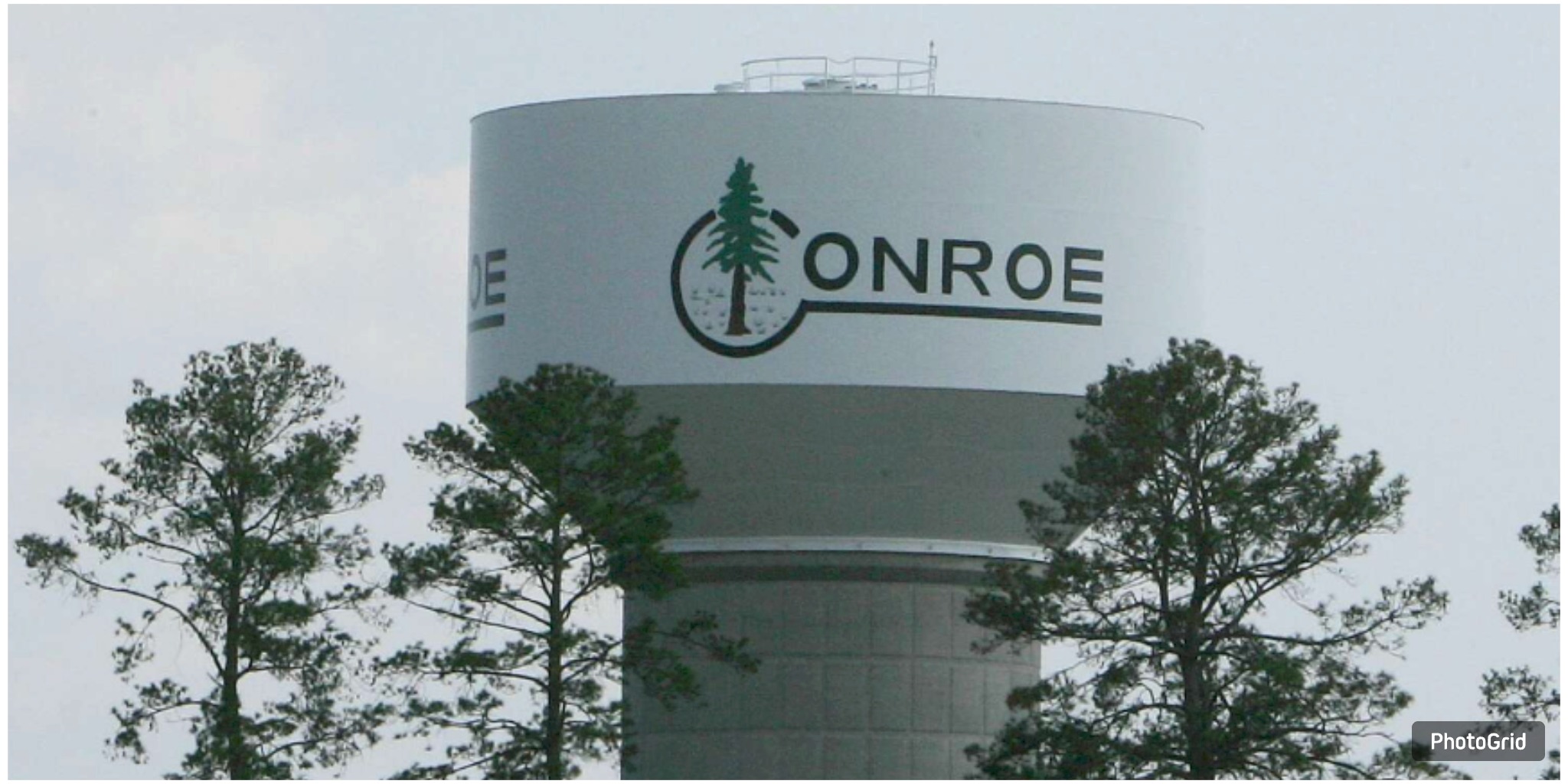Conroe’s yearlong building moratorium will end Friday after city leaders declined to extend it, while the state approved a temporary reduction in water capacity requirements. Officials say the move will allow development to resume while the city works to expand its strained water infrastructure.

Conroe's building moratorium, which has been in place for over a year, is set to expire this Friday. This follows a City Council meeting where efforts to extend the moratorium did not progress. The Texas Commission on Environmental Quality (TCEQ) has approved a temporary reduction in the water supply requirements for cities per connection. This decision addresses immediate capacity concerns and allows construction to resume.
City Administrator Gary Scott announced on Wednesday that the TCEQ has reduced the requirement from 0.6 gallons per minute to 0.46 gallons per minute for each connection. The modification, affecting both residential and commercial properties, is set to continue until February 2029. “This is very exciting,” Scott remarked during the council’s workshop, highlighting that the change offers some relief as Conroe tackles its water infrastructure challenges.
A moratorium was first enacted in August 2024 and extended in December, putting a stop to all new residential and commercial permits on the city's north side. The initiative aimed to provide Conroe with the opportunity to tackle water supply issues that city officials acknowledged had been developing for over ten years. From 2011 to 2023, staff sought almost $195 million for water projects; however, only $71 million received approval. In contrast, $112 million was allocated to beautification efforts, including walking trails, park enhancements, and downtown revitalization.
The halt in development faced opposition from construction professionals, notably the Greater Houston Builders Association (GHBA), which in May sent out an alert encouraging its members and the community to urge city officials to take action.
Cody Miller, the director of government affairs at GHBA, expressed his approval of the outcome from Thursday. “Clearly, we’re excited about it. Miller remarked, "Our members put in tremendous effort, engaging in advocacy, pushing for change, and meeting with city staff and elected officials." “We are excited about the chance to collaborate with the city of Conroe on intelligent and achievable development and construction, as Conroe is a desirable destination for new residents.”
According to the Texas Administrative Code, it is mandated that municipalities supply 0.6 gallons per minute of water for each system connection, which encompasses every single-family home, apartment unit, commercial property, and industrial site. Conroe boasts over 51,000 connections at present. Regulations stipulate that municipalities must keep a minimum of 15 percent of their capacity in reserve to address peak demand or emergencies.
In May, Norm McGuire, the assistant city administrator and director of Public Works, issued a warning that Conroe was not meeting state compliance standards. City officials have sought a temporary reduction from the TCEQ as they work towards more sustainable solutions in the future. Current initiatives encompass Water Plant No. 2, a bypass waterline for Plant 15, and the planning of at least four new wells.
As the moratorium comes to a close, Scott and other officials highlighted the necessity for Conroe to maintain significant investments in water infrastructure to accommodate its swift population increase.
.jpg)
Main Street Market Conroe will hold its final market Feb. 7 at 301 N. Thompson St., ending a nearly five-year run that supported more than 100 small businesses in downtown Conroe.
.jpg)
This opinion piece challenges the January 14, 2026, Montgomery County Republican Party steering committee minutes for emphasizing factionalism over coalition-building. It disputes efforts to marginalize local Republican women's groups and critiques police rhetoric. Montgomery County Republicans should prioritize unity, transparency, and voter engagement when choosing new leaders.
.jpg)
Montgomery County commissioners have approved moving forward on a $221 million extension of Old Conroe Road after the city of Conroe transferred the project to the county for $3.2 million. The 5.7-mile project will add a bridge over the West Fork of the San Jacinto River and Lake Creek to improve regional mobility.